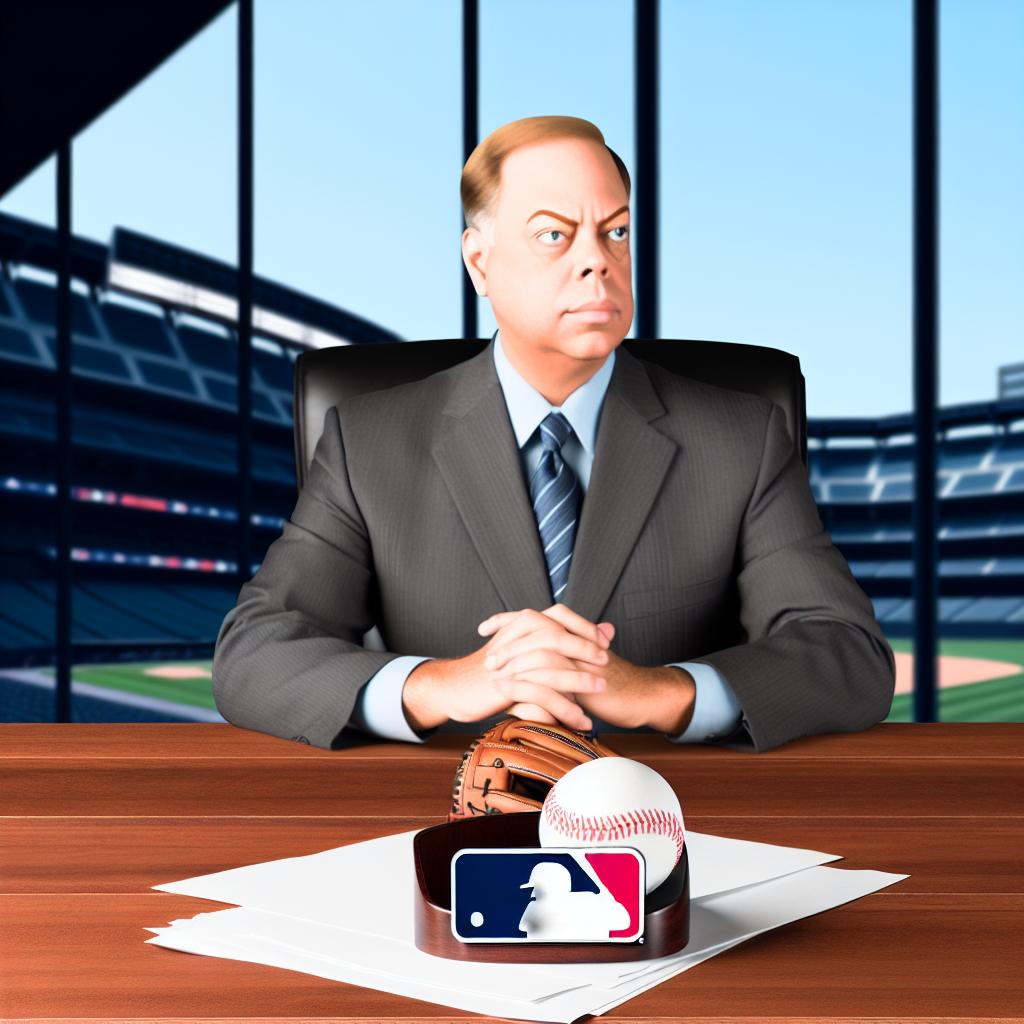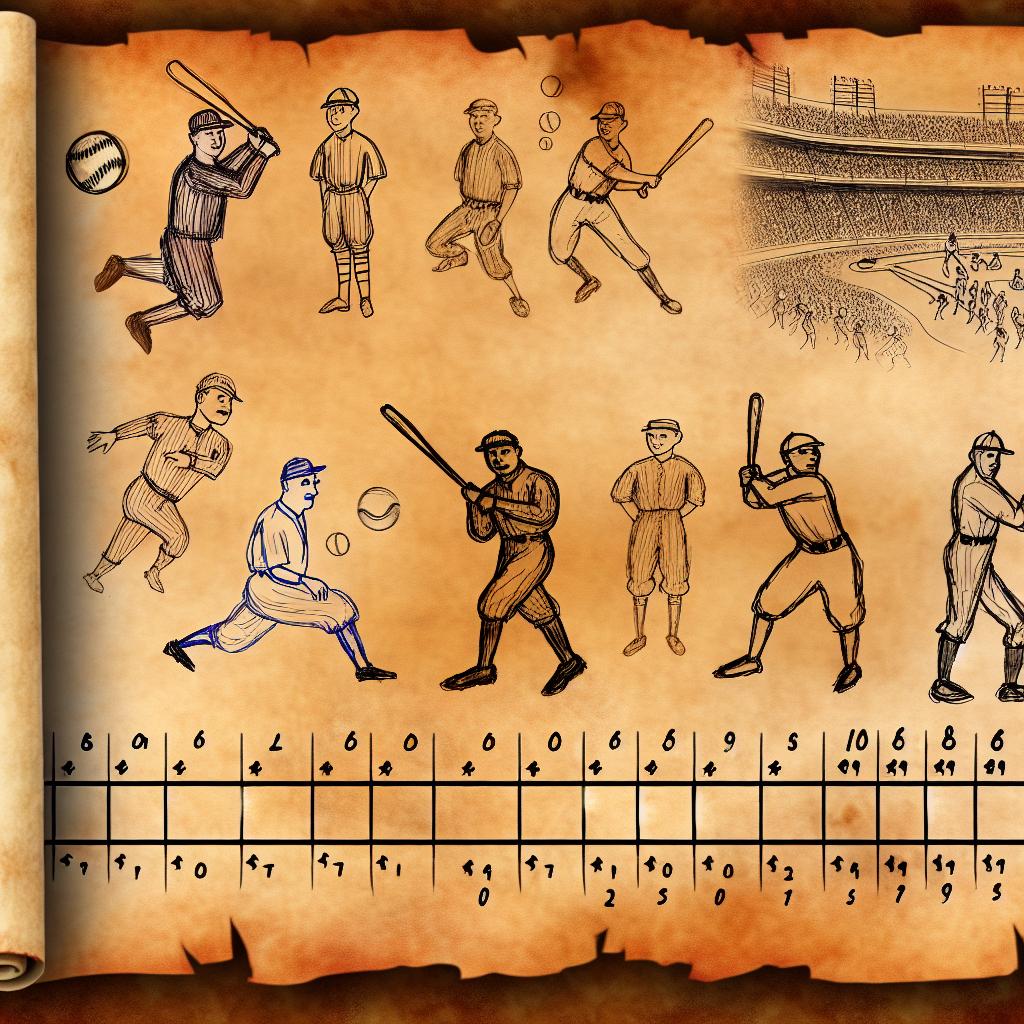The MLB Commissioner’s Responsibility
The Commissioner of Major League Baseball (MLB) holds a vital position in overseeing the entire league’s operations. This role combines leadership, strategic planning, and arbitration responsibilities. As the chief executive officer of MLB, the commissioner’s primary tasks involve ensuring the smooth conduct of the baseball season and maintaining the sport’s integrity. The position was established in 1920, and since then, it has evolved significantly to address the league’s changing needs and challenges.
Governance and Leadership
The commissioner oversees all aspects of the league, acting as a central authority. This leadership extends to baseball’s executive branch, including managing the MLB office’s departments, such as marketing, player development, media relations, and legal affairs. The commissioner also plays a vital role in shaping the sport’s strategies and policies, ensuring that the league remains competitive and sustainable.
The commissioner operates as the focal point for MLB’s decision-making processes, steering the league towards long-term development and growth. Through effective governance, the commissioner ensures that the league’s operations align with broader organizational goals. This involves extensive collaboration with team owners, general managers, and other stakeholders to promote an operational environment conducive to success on and off the field.
Labor Relations
One of the significant challenges in the commissioner’s role is handling labor relations between team owners and player unions. The commissioner must negotiate collective bargaining agreements (CBAs) that define the terms of employment for players and ensure financial balance within the league. These agreements cover various issues, including salary structures, contract terms, and working conditions. Successful negotiation and implementation of CBAs are essential for maintaining league stability and preventing disruptions due to labor disputes, such as strikes or lockouts.
Labor relations require the commissioner to serve as both a mediator and an advocate, facilitating dialogue and arbitration between players and team management. This delicate balancing act necessitates a deep understanding of the interests and motivations of all parties involved, ensuring that negotiations result in outcomes beneficial to the league’s continued prosperity.
Oversight of Rule Changes
The commissioner is responsible for implementing rule changes and innovations to improve the game’s quality and appeal. This process often involves consulting with other stakeholders and analyzing trends in player performance and fan engagement. Rule changes might include adjustments aiming to speed up the pace of the game, enhance player safety, or introduce new technologies like instant replay. Such changes require a delicate balance between preserving baseball’s traditional aspects and adapting to contemporary sports dynamics.
Evaluating rule changes necessitates comprehensive research and consultation with coaches, players, and fan groups. The commissioner must weigh the potential impact of proposed changes on the game’s essence and overall spectator experience. Continuous refinement of rules is integral to keeping the game fresh and in alignment with modern viewer expectations.
Disciplinary Actions and Integrity
Maintaining the integrity of baseball is a critical duty of the commissioner. This involves enforcing rules and regulations, conducting investigations into allegations of misconduct, and imposing penalties on teams or individuals as necessary. The commissioner acts as the final arbiter in disputes involving players, teams, and owners, ensuring fairness and transparency. This responsibility includes addressing issues such as doping violations, sign-stealing scandals, and inappropriate conduct, which are essential to preserving the sport’s reputation.
In carrying out disciplinary actions, the commissioner must demonstrate impartiality and due diligence, adhering to established protocols and ensuring that all decisions are based on factual evidence and fair practice. By upholding the highest standards of ethical conduct, the commissioner’s office plays a crucial role in fostering a spirit of fair play throughout the league.
Conclusion
The role of the MLB commissioner is multifaceted, encompassing leadership, strategy, and arbitration. Their responsibilities are crucial in ensuring the effective operation of the league, maintaining its integrity, and securing its growth. The commissioner’s decisions can significantly impact the direction of baseball and its global perception. For more information on MLB governance, visit the official MLB website.
The commissioner’s chair remains one of dynamic interaction and adaptation, consistently challenging its occupant to respond adeptly to an evolving sporting landscape while staying true to the storied traditions that define Major League Baseball. Through rigorous governance, equitable negotiation, strategic innovation, and commitment to the integrity of the game, the commissioner’s role becomes a keystone for the sport’s enduring success.




